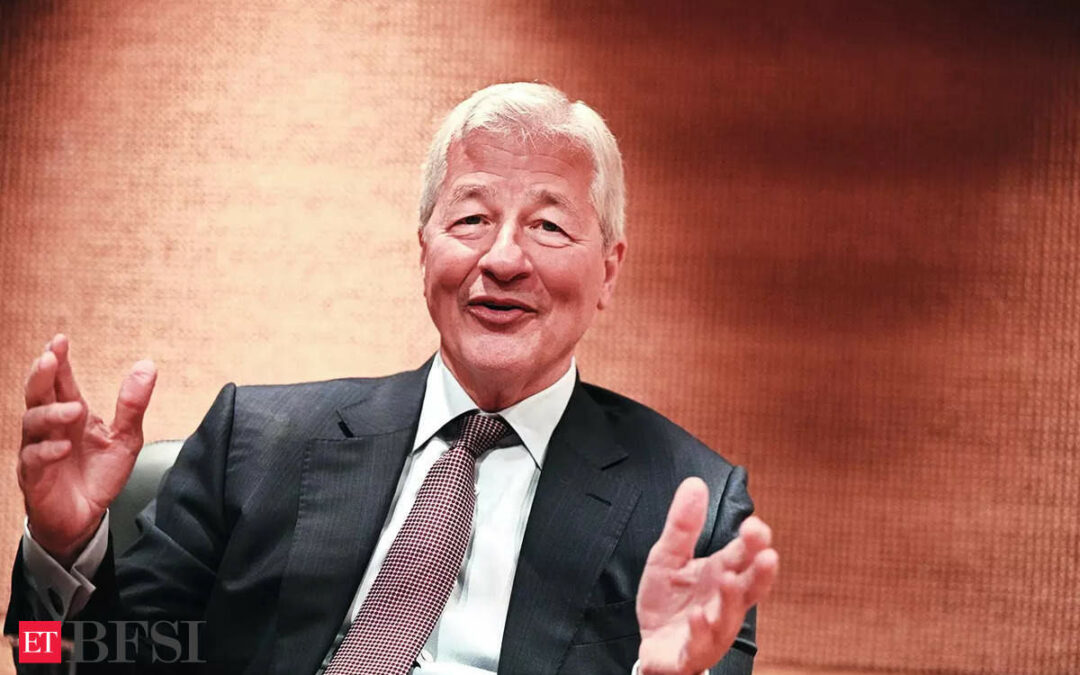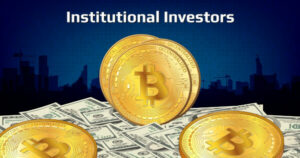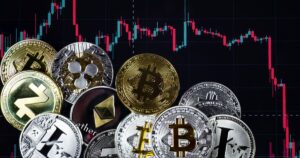Geopolitics, rather than finance itself, would determine the direction of the global economy in the immediate future, says Jamie Dimon, Chairman & CEO, JPMorgan. The US dollar will remain the dominant monetary unit, Dimon tells Sangita Mehta, MC Govardhana Rangan and Sruthijith KK., in an exclusive interview, underscoring the greenback’s undiminished importance as the world’s reserve currency. Edited excerpts:
The Federal Reserve has moved after two years with a rate cut. Has it engineered a soft landing?
It looks that way, but I’m a little cautious in that. I think they did the right thing to reduce rates. Fifty basis points is probably the right thing to do. The underlying economy still is chugging along. But remember, they’re just also reacting to the economy chugging along. Prices have been coming down nicely. So far, so good.
So here we have a situation where the US and Japan are moving in opposite directions on rates. What does it mean for capital flows in global financial markets?
It’s just a normalisation. Japan is still kind of zero, and they’re moving up a little bit. They need a real rate of return. But at the end of the day, the real thing that’s gonna drive flows will be growth in the economies, and not just the interest rate. And every country is in a different position with regards to money supplies, growth, and inflation.
What does it mean for the global capital flows? Because the yen carry trade has been one of the best plays for so many years. Is the worst behind us? What’s in store in the swaps market?
I think a lot of that trade has been unwound. It worked for a very long time, and obviously it won’t work if rates are going up in Japan. I wouldn’t call that a risk, I think the real risk I look at now is geopolitical stuff. That dwarfs all other things. And to me, geopolitics is far more important for mankind than interest rates in Japan and the United States.
Israel has joined Ukraine, and Hezbollah and Lebanon… how do you see it evolving? But oil prices have been benign despite the wars…
Ukraine has gotten worse. The missiles and the bombardment are getting worse. Iran, the Houthi attacks on American ships in the Red Sea. These are very dangerous situations.
But oil prices are falling. Have the dynamics changed?
Oil and gas prices are set by supply and demand. It also include sentiment and inventory. So put it all together, it’s in oversupply today. Europe had to change their flow due to Ukraine. This is a great lesson when we talk about the importance of safe, secure, reliable, affordable energy. If you look down the road, there’ll probably be undersupply of oil. That’s maybe a year or two away.
You said geopolitical risk is what is a big concern right now. The next big event that could influence all of these in different ways is the US elections. How do you see it?
I think American policy regarding Israel will stay roughly the same – supporting Israel, and pushing for peace .
And Ukraine, it sounds like there it might be different policies, but I don’t think either candidate is advocating that we leave Ukraine.
There’s a lot of noise about recession – the US, Europe and a slowing China…
Obviously, China’s slowed down. But will they kind of recover and pick up? Possibly. But India is doing well. America continues to do well. We haven’t seen anything like that for a couple of years. I’ve never seen people perfectly pick the inflection points of the economy. The economy is a very large, complex, multi-faceted beast. For example, JP Morgan moves $10 trillion a day. Investors are making decisions, every single day, people are going to work, sending kids to schools and buying food – that’s what drive the economies.
You mean, India is probably doing better than most?
I think you guys here have done a fabulous job at that. Your Aadhaar system, the banking accounts, reforming the GST, building national infrastructure, reducing regulations. These things help the country and help lower-income folks, in addition to the wealthy.
How do you look at India with an ambition to be a $7-trillion economy in relation to our financial markets?
Very bright. To give you a bit of perspective, my first trip to India, was in 2005. I had just become the CEO of JP Morgan. And I went to a small building in the old financial district. And I think we did research on 15 or 20 companies. Today, we do research on close to 140 companies which helps educate the world about Indian companies. We bank 850 multinationals here. We’ve got close to 55,000 employees in the Corporate Centre supporting our global operations and our technology. It’ s engineering, cyber, tech, data, AI. We are building out a robust payment systems here for clients . And all these things you’re doing are gonna make you grow more. And it’s achievable. And you need strong leadership, as you have with PM Modi.
The government has a reduced majority now. Does that affect how you see India?
Not really. The government, democracy is that way, right? So any democracy you operate in, you have to understand it may move around a little bit, like American democracy.










